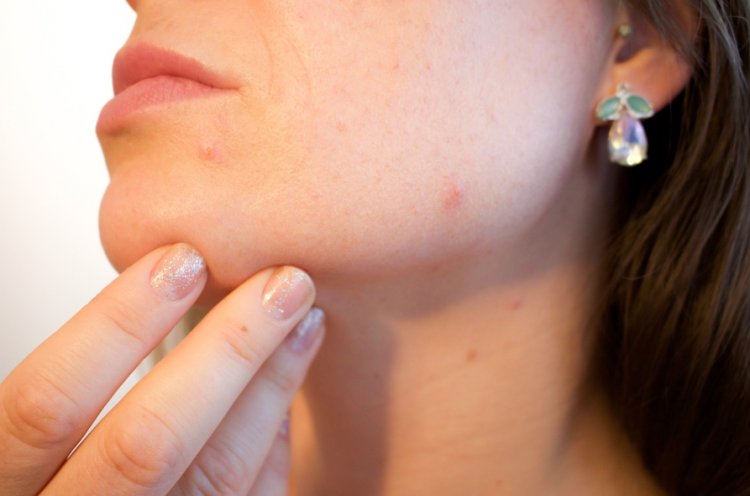Unveiling Acne: Insights into Causes, Management, and Skincare
Acne is a common skin condition that affects millions of people worldwide, regardless of age or gender. Characterized by the presence of pimples, blackheads, whiteheads, and inflammation, acne can have a significant impact on an individual's physical appearance, self-esteem, and overall quality of life. In this comprehensive article, we will explore the causes, types, treatment options, and prevention strategies for acne.

Causes of Acne:
Acne develops when hair follicles become clogged with oil and dead skin cells, leading to the formation of pimples and other lesions. Several factors can contribute to the development of acne, including:
-
Excess Sebum Production: Overproduction of sebum, a natural oil produced by the skin, can contribute to the clogging of hair follicles and the formation of acne lesions.
-
Bacterial Infection: Propionibacterium acnes, a type of bacteria that resides on the skin, can proliferate within clogged pores and contribute to inflammation and acne development.
-
Hormonal Changes: Fluctuations in hormone levels, particularly during puberty, menstruation, pregnancy, and menopause, can increase the likelihood of developing acne.
-
Genetic Predisposition: A family history of acne can predispose individuals to developing the condition, suggesting a genetic component to acne susceptibility.
Types of Acne:
-
Comedonal Acne: Characterized by the presence of comedones, or non-inflammatory lesions, such as blackheads and whiteheads.
-
Inflammatory Acne: Inflammatory acne includes papules, pustules, nodules, and cysts, which are accompanied by redness, swelling, and tenderness.
-
Cystic Acne: The most severe form of acne, cystic acne is characterized by deep, painful cysts that can lead to scarring and disfigurement if left untreated.
Treatment Options for Acne:
-
Topical Treatments: Over-the-counter and prescription topical medications, such as benzoyl peroxide, salicylic acid, and retinoids, can help reduce acne lesions and prevent new breakouts.
-
Oral Medications: Oral antibiotics, hormonal medications (such as birth control pills), and isotretinoin (Accutane) may be prescribed for moderate to severe acne that is resistant to topical treatments.
-
Procedures: Dermatological procedures such as chemical peels, microdermabrasion, laser therapy, and acne surgery can help improve the appearance of acne and prevent scarring.
Prevention of Acne:
-
Maintain a Healthy Skincare Routine: Cleanse your skin twice daily with a gentle cleanser, avoid harsh scrubbing or abrasive products, and moisturize with non-comedogenic products.
-
Healthy Diet: Eat a balanced diet rich in fruits, vegetables, whole grains, and lean proteins, and limit consumption of sugary, greasy, and processed foods that may exacerbate acne.
-
Manage Stress: Practice stress-reducing techniques such as meditation, yoga, deep breathing exercises, and regular physical activity to help prevent stress-related acne flare-ups.
-
Avoid Picking or Squeezing: Refrain from picking, squeezing, or popping acne lesions, as this can lead to inflammation, infection, and scarring.
In conclusion, acne is a common skin condition with various causes and manifestations. By understanding the underlying factors contributing to acne development and implementing appropriate treatment and prevention strategies, individuals can effectively manage the condition and achieve clearer, healthier skin.
Clinics in the UK:
- London Dermatology Clinic - London
- Manchester Skin Care Centre - Manchester
- Birmingham Acne Treatment Clinic - Birmingham
- Leeds Dermatology Practice - Leeds
- Glasgow Skin Health Centre - Glasgow
Clinics in Turkey:
- Istanbul Dermatology Center - Istanbul
- Ankara Acne Treatment Clinic - Ankara
- Izmir Skin Care Center - Izmir
- Antalya Aesthetic Dermatology Clinic - Antalya
Discover Coupoly's exclusive Medical Concierge Service, connecting you with renowned doctors and clinics, alongside our complimentary Travel Concierge Service, linking you with top UK travel agencies.
Contact us now to learn more.
Get in Touch
What's Your Reaction?





















